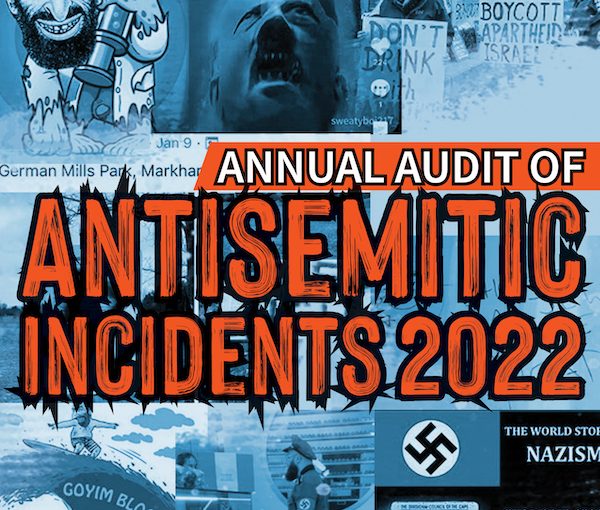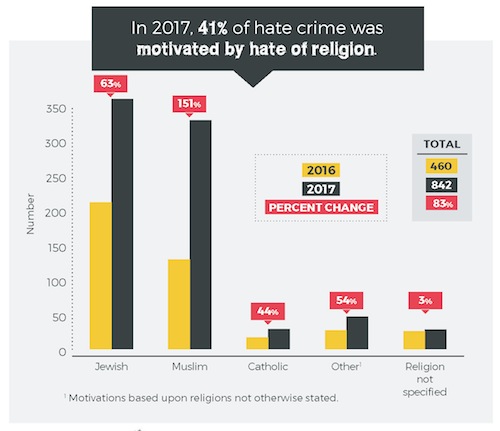The federal Liberal government has introduced a new Online Harms Bill. The bill is intended to address two primary areas of concern – hate crimes against groups and posts that harm individuals, such as those that bully children – and recognizes a range of what are clearly serious problems.
If passed, the new law would require social media platforms and “user-uploaded adult content” websites to delete offending posts within 24 hours. These could include posts that encourage self-harm, target a child for bullying or are examples of “revenge porn” – the distribution of, for example, nude photos of a former partner.
The bill also proposes making hate-motivated crimes a separate offence. Hate motivation can currently be considered in the sentencing phase as an aggravating context. The bill would amend the Canadian Human Rights Act to have the Canadian Human Rights Commission address some of these concerns.
Maximum penalties would be severely stiffened. For example, the maximum sentence for advocating genocide online would be life imprisonment, up from five years.
The law would also create a panel, a “digital safety commission,” to oversee online content and it would reclassify hate speech as discrimination under the Criminal Code. A digital safety ombudsperson would support victims and guide social media companies. Companies that break the rules could be fined up to $10 million or six percent of their global revenues. Private messages between individuals, like email, would not fall within the prohibitions.
Since Section 13 of the Canadian Human Rights Act was repealed a decade ago, commentators and activists, including Jewish organizations, have been calling for something to address serious issues around online content. This is the government’s overdue response – overdue by its own admission, having promised during the last election campaign to advance such a bill in its first 100 days if reelected.
Opposition parties fell into sadly predictable lines. New Democrat leader Jagmeet Singh said his party will vote for the bill and condemned the government for waiting so long. Conservative leader Pierre Poilievre turned his hyperbole hose on full force, calling the bill part of “Justin Trudeau’s woke authoritarian agenda.”
“What does Justin Trudeau mean when he says the words ‘hate speech’? He means the speech he hates,” said Poilievre. “You can assume he will ban all of that.”
Surely parliamentary democracy can come up with something more nuanced between “Faster, faster! More, more!” and “We’re all headed for the gulags.”
The bill was tabled last week and will go through committee before coming back to the House of Commons. The committee phase is when elected officials examine the details of proposed legislation and we trust (despite the above caveats) that sober consideration will be given to balance the right to free expression and the legitimate need to protect individuals and groups from harm.
The experience of now-defunct Section 13 should be an object lesson for politicians considering the new law. The section was finally killed after showing itself to be both too weak to address the realities of an online world that didn’t exist when the law was originally drafted, yet strong enough to drag individuals and institutions with controversial but probably reasonable speech (for example, Maclean’s magazine and commentator Mark Steyn) before something resembling a Cold War show trial.
Justice Minister Arif Virani responded to concerns over free expression.
“It does not undermine freedom of speech. It enhances free expression by empowering all people to safely participate in online debate,” he said. This reflects an emerging approach to online dialogue, in which traditional ideas of free speech are balanced with the reality that some people are excluded from participation through harassment and threats, which may be a fair assessment.
Outrage at hate speech is an appropriate response, but one aspect of the bill could have the effect of turning reasonable people off it. Few would seriously believe that a judge is going to send someone to prison for life (ie., 25 years) for a late night, drunken rant that the law characterizes as incitement to genocide. However, the fact that the law would permit precisely that outcome makes the whole exercise faintly preposterous, like the exasperated parent who shouts, “You’re grounded for life!” Appearance can be reality and that aspect of the bill looks ridiculous. Moreover, all of us should apply sober second thought when advocating for the expansion of the prison system – imprisonment is not a solution to hate.
Canada has always taken a different approach to expression than our First Amendment cousins in the United States. Absolutism, which is the American approach, is comparatively easy. The more nuanced approach of finding a balance is an organic, always shifting challenge.
Most Canadians do not pay a great deal of attention to the goings-on in parliamentary committees. This would be a good time to start. Last week’s tabling of the Online Harms Bill should be the beginning of a national conversation.





